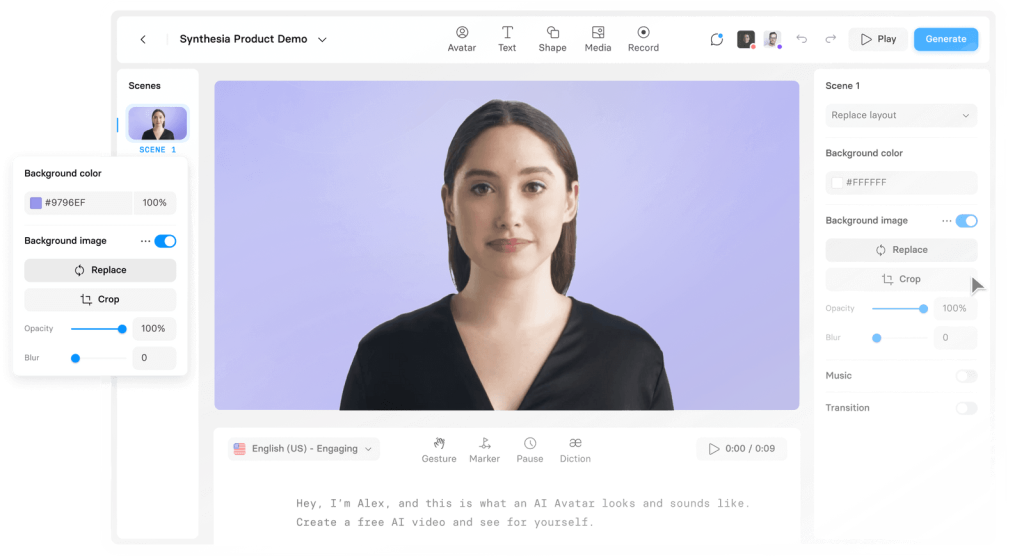Arnav Kapur’s innovation, AlterEgo, enables individuals to interface with technology using their thoughts. Contrary to merely engaging in internal dialogue, users effectively communicate with technological interfaces.
Imagine the ability to manipulate machinery or conduct internet searches solely through cognitive processes. See, that’s how powerful your imagination is!
Speaking of which, did you know that there’s an online platform that allows you to create speaking avatars with your text? For real!

Getting back to our topic, AlterEgo functions by capturing brain signals triggered by specific cognitive stimuli, such as thoughts or auditory cues. These signals are then relayed to sophisticated computing systems interconnected with the internet, facilitating the interpretation of the user’s mental commands and subsequent information retrieval. Essentially, the device offers a means of conducting online searches through mental processes alone, akin to using a search engine with one’s mind.
The apparatus comprises a headset equipped with highly sensitive sensors capable of detecting minute brain signals. Despite their subtle nature, these signals mirror the cognitive processes underlying the user’s thoughts, enabling the seamless manipulation of machinery or internet browsing. This feat, analogous to verbal communication, underscores the complexity of interfacing with technology via cognitive pathways, a task made feasible through AlterEgo’s functionality.
Notably, this interaction remains entirely internalized for the user, akin to private contemplation, without necessitating overt physical actions. Moreover, this process safeguards user privacy and maintains connectivity with the surrounding environment.
After its debut at TED 2019, AlterEgo garnered some buzz for a while, but it hasn’t quite gotten the recognition it deserves just yet. In fact, this MIT Media Lab video talking about AlterEgo is yet to hit a million views as of March 5, 2024; more than 5 years of upload.
- AI-Powered PCs: Overhyped Trend or Emerging Reality? - August 21, 2024
- Princeton’s AI revolutionizes fusion reactor performance - August 7, 2024
- Large language models could revolutionize finance sector within two years - March 27, 2024



